Description
Flurbiprofen Tablets, an NSAID, are used in Pakistan to ease pain, swelling, and inflammation from conditions like arthritis or toothaches. It blocks prostaglandin production to reduce discomfort, common in joint issues from heavy labor in rural Punjab or chronic pain in urban Karachi. Available in strengths like 100mg, they’re prescription-optional for mild use but often doctor-recommended, priced around Rs. 100-150 per strip of 10, and stocked in DRAP-registered pharmacies for anti-inflammatory therapy.
How It Functions
Flurbiprofen reversibly inhibits cyclooxygenase enzymes (COX-1 and COX-2), cutting prostaglandin synthesis that drives pain and inflammation. Chemically, it’s (RS)-2-(2-fluorobiphenyl-4-yl)propanoic acid. Effective for musculoskeletal issues, it reaches peak blood levels in 1-2 hours, lasting 6-8 hours, with anti-inflammatory effects building over days.
Dosage Information
Adults: 50-100mg two to four times daily, up to 300mg max per day for arthritis or pain; take with food or milk to ease stomach strain. For toothaches, 50mg as needed. Swallow whole with water; do not crush or chew. Elderly or kidney patients start lower. Duration is short-term (days to weeks); consult physician for chronic use or adjustments.
Side Effects
- Very Common (>1 in 10): Stomach pain, nausea, heartburn, indigestion, bloating, belching.
- Common (up to 1 in 10): Dizziness, headache, reduced urine output, tarry stools, pale skin.
- Rare: Severe bleeding, allergic reactions (rash, swelling), liver issues.
Drug Interactions
May interact with:
- Other NSAIDs: Increases bleeding or ulcer risk.
- Diuretics, ACE inhibitors, ARBs: Reduces kidney function.
- Steroids: Heightens gastrointestinal bleeding.
- Anticoagulants (e.g., warfarin): Boosts bleeding potential.
Indications
Approved for relieving pain, swelling, inflammation, and joint stiffness in:
- Osteoarthritis.
- Rheumatoid arthritis.
- Ankylosing spondylitis.
- Toothaches.
When Not to Use
Avoid in:
- Allergy to NSAIDs or flurbiprofen.
- Active peptic ulcers or gastrointestinal bleeding.
- Severe heart, liver, or kidney disease.
- Third trimester pregnancy.
- History of hepatic porphyrias or blood abnormalities.
- Rectal inflammation (proctitis).
Precautions
- Higher risk of heart attack or stroke with long use; monitor in heart patients.
- May cause stomach bleeding or ulcers; take with food and report black stools or pain.
- Use cautiously in elderly, asthmatics, or those with high blood pressure.
- Avoid alcohol; worsens stomach irritation.
- Buy from DRAP-registered pharmacies; check holograms to avoid counterfeits.
Warnings
- Cardiovascular risk: May increase heart attack or stroke chance, especially in smokers or hypertensives.
- Gastrointestinal bleeding: Can be fatal without warning; stop if vomiting blood or severe pain occurs.
- Kidney strain: Reduces urine; monitor in dehydration or kidney issues, common in hot Pakistani summers.
- Overdose: Nausea, vomiting, drowsiness need urgent care; hemodialysis may be required.
Additional Notes
- Pregnancy Category: Consult physician; category C early, D late—avoid in third trimester due to fetal risks.
- Breastfeeding: Avoid; passes into milk, may harm infant.
- Availability: Common in urban and rural pharmacies; generics like Froben available.
- Stability: Stable at room temperature; discard expired tablets.
- Reporting: Log batch for side effects; report to DRAP for quality control.
Doctor Review
Dr. Hassan Malik, a rheumatologist in Lahore, notes flurbiprofen’s quick relief for arthritis flare-ups, useful for joint pain from daily work in Pakistan. DRAP data backs its NSAID role for inflammation, but Dr. Malik stresses stomach protection with food and short-term use to avoid bleeding risks.
Disclaimer
This is general product information, not a prescription or medical advice. Consult your doctor or pharmacist for personal guidance.

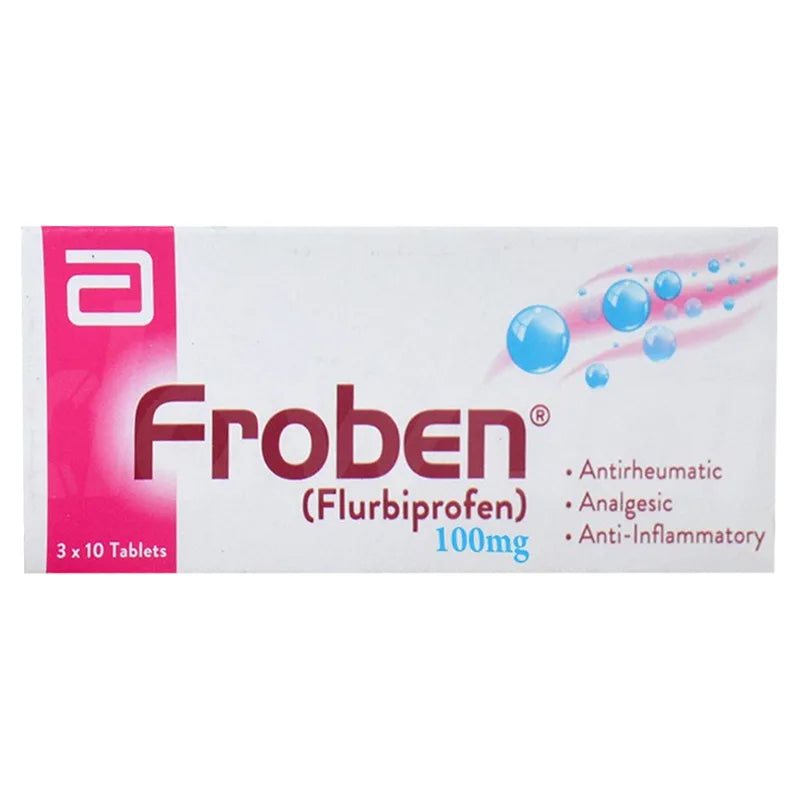



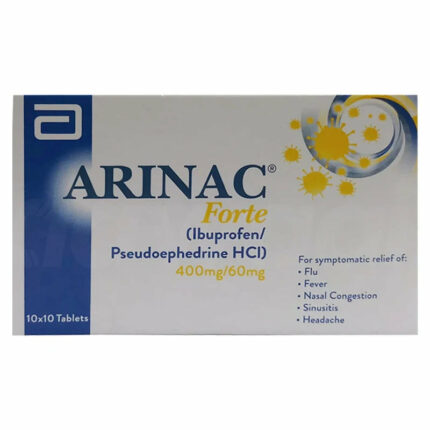

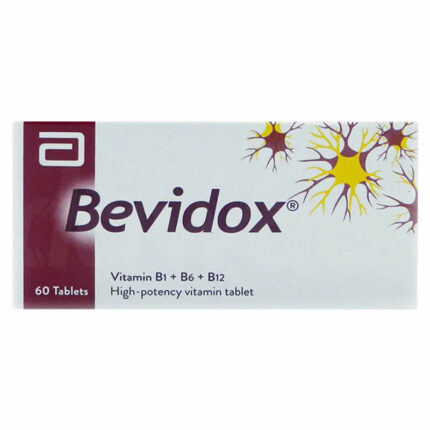


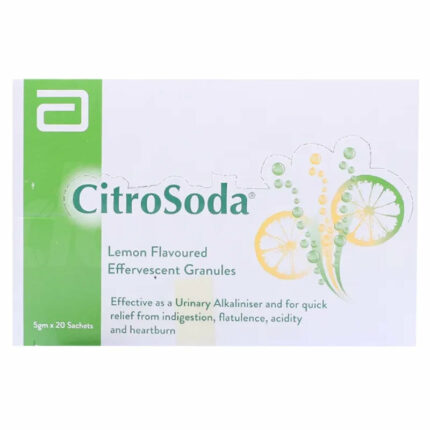
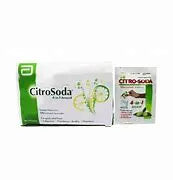
Reviews
There are no reviews yet.